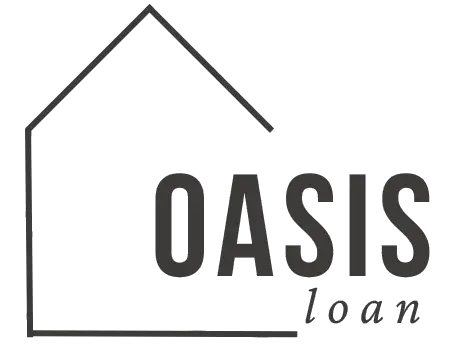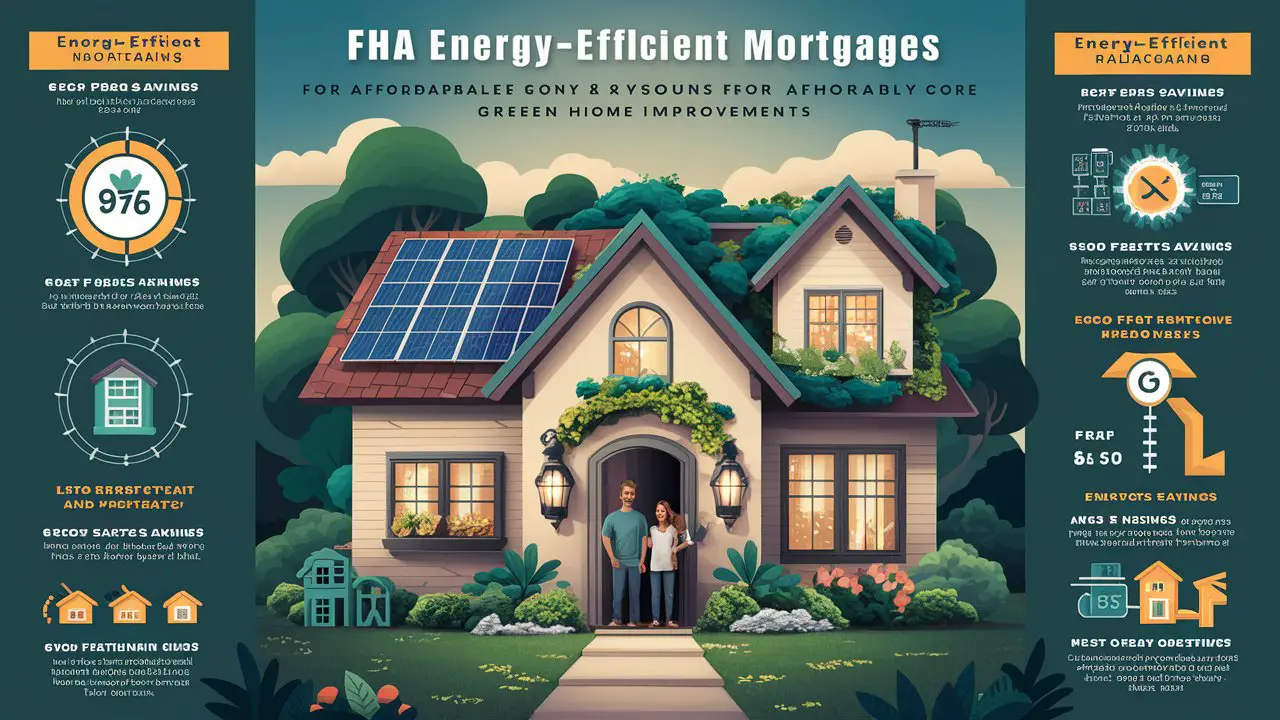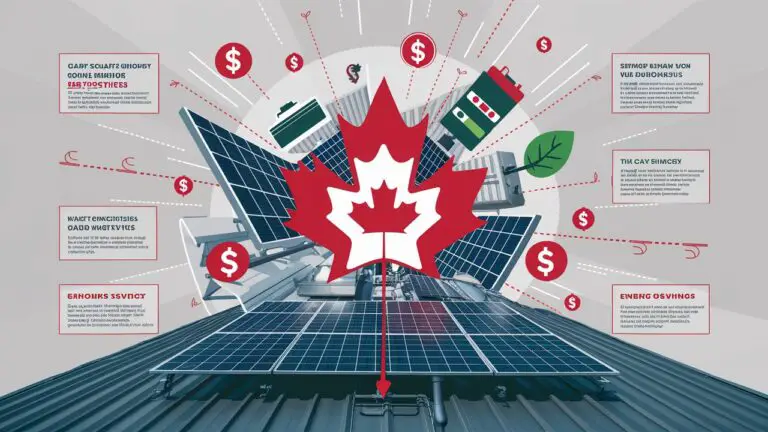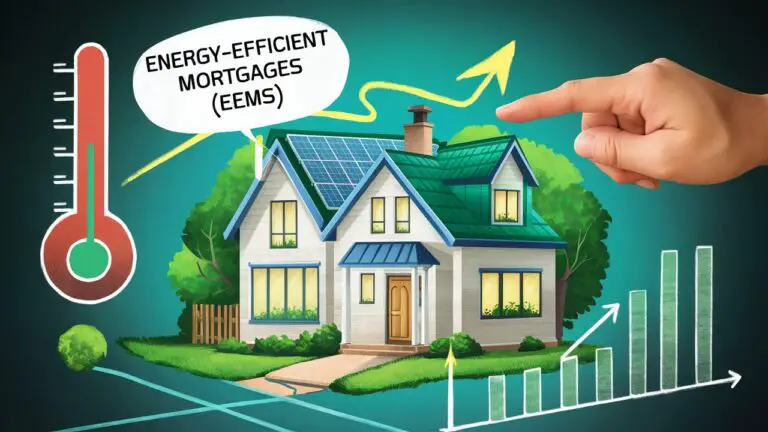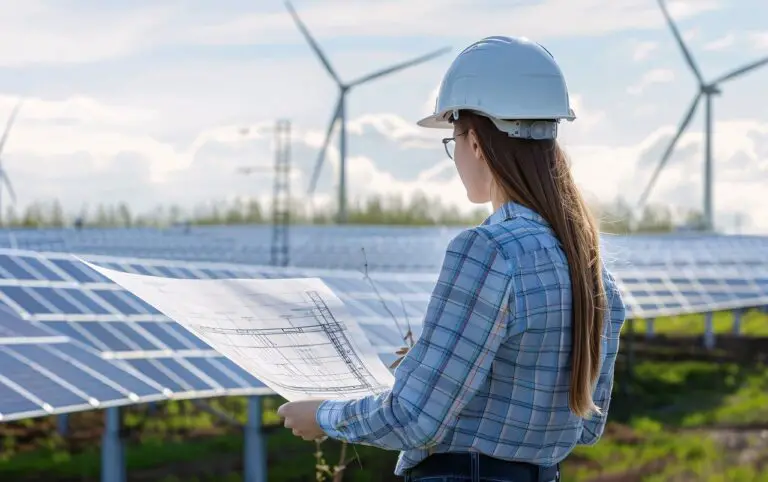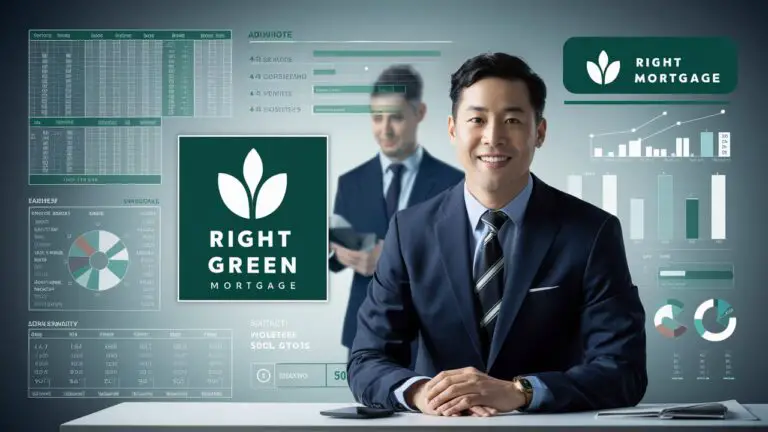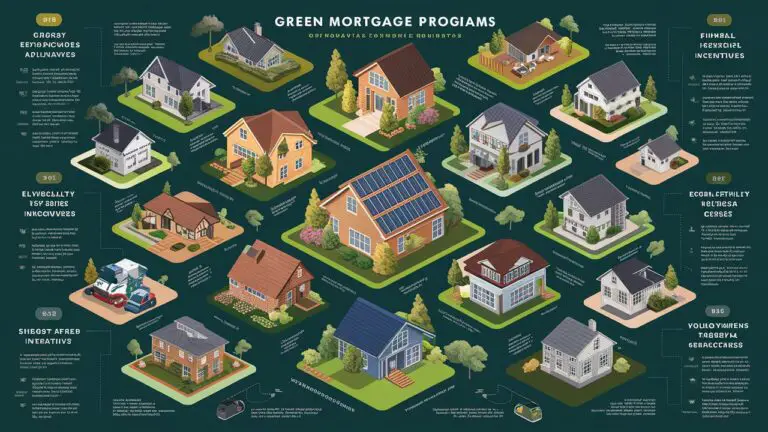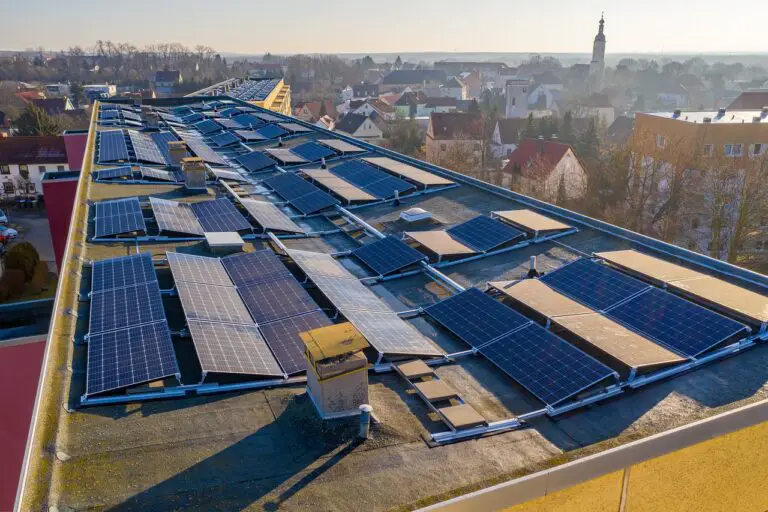Qualifying for an Energy-Efficient Home Loan
As homeowners increasingly seek to reduce their carbon footprint, energy-efficient home loans are becoming a popular financing option. These loans can help fund eco-friendly renovations, such as installing solar panels or upgrading to energy-efficient appliances. However, qualifying for these loans involves specific requirements and considerations. This article will explore the key factors to help you successfully apply for an energy-efficient home loan, focusing on green home improvement loans and loans for solar panels.
Understanding Energy-Efficient Home Loans
What Are Energy-Efficient Home Loans?
Energy-efficient home loans are designed to help homeowners finance upgrades that improve the energy efficiency of their homes. These loans can cover a variety of projects, including:
- Solar panel installation
- Insulation upgrades
- Energy-efficient windows and doors
- Smart home technology for energy management
These loans often come with favorable terms, such as lower interest rates, to encourage environmentally friendly home improvements.
Types of Energy-Efficient Home Loans
There are several types of energy-efficient home loans available, each with its unique features:
- FHA Energy Efficient Mortgage (EEM): This federal loan allows homeowners to finance energy-efficient improvements along with their regular mortgage.
- Conventional Energy-Efficient Loans: Offered by traditional lenders, these loans provide funding for green upgrades with flexible terms.
- PACE (Property Assessed Clean Energy) Financing: This local government-backed program finances energy-efficient improvements and repays the loan through property taxes.
Key Criteria for Qualifying
Credit Score Requirements
Your credit score plays a crucial role in qualifying for an energy-efficient home loan. Lenders typically require a minimum credit score, which varies depending on the type of loan. For instance:
- FHA Energy Efficient Mortgage: A minimum credit score of 580 is often required.
- Conventional Loans: Lenders may require a credit score of 620 or higher.
To improve your chances, consider checking your credit score and addressing any issues before applying.
Income and Employment Stability
Lenders also assess your income and employment history to determine your ability to repay the loan. Stable employment and a consistent income stream are essential. Most lenders prefer borrowers with at least two years of steady employment, particularly in the same industry.
If you have recently changed jobs, be prepared to explain how your new position enhances your financial stability.
Debt-to-Income Ratio
The debt-to-income (DTI) ratio is another critical factor. This ratio compares your monthly debt payments to your gross monthly income. Lenders typically prefer a DTI ratio of 43% or lower. However, some energy-efficient home loans may allow a higher DTI if you have a strong credit score or significant savings.
Reducing your debt before applying can improve your DTI ratio, making it easier to qualify.
Property Requirements for Energy-Efficient Loans
Eligible Property Types
Not all properties qualify for energy-efficient home loans. Eligible property types usually include:
- Single-family homes
- Multi-family homes with up to four units
- Condominiums and townhomes
It’s important to verify that your property meets the lender’s eligibility criteria before applying.
Existing Energy Efficiency Standards
Some energy-efficient home loans require your property to meet specific energy efficiency standards before approval. For example, the FHA Energy Efficient Mortgage may require an energy assessment to determine the property’s current efficiency level.
If your home doesn’t meet the required standards, you may need to make preliminary improvements before qualifying for the loan.
Specific Loan Programs and Their Requirements
Loans for Solar Panels
Loans for solar panels are among the most sought-after energy-efficient home loans. These loans help finance the purchase and installation of solar energy systems. To qualify, lenders typically require:
- Proof of homeownership
- A strong credit score
- An estimate of the expected energy savings
Additionally, some lenders may require that the solar panel system be installed by a certified contractor to ensure quality and efficiency.
Green Home Improvement Loans
Green home improvement loans cover a broad range of eco-friendly renovations. These loans can be used for various projects, such as upgrading insulation, replacing old appliances with energy-efficient models, or installing a smart thermostat. To qualify, you’ll need:
- A detailed plan of the improvements you intend to make
- Cost estimates from reputable contractors
- Approval from the lender before starting the project
Lenders may also require that the improvements align with specific energy efficiency guidelines, such as those set by the U.S. Department of Energy.
Steps to Improve Your Chances of Approval
Enhance Your Credit Score
Since your credit score significantly impacts your eligibility, taking steps to improve it is crucial. Consider the following tips:
- Pay down existing debt to lower your credit utilization ratio.
- Dispute any errors on your credit report that may be dragging down your score.
- Avoid opening new lines of credit before applying for the loan.
Improving your credit score can help you secure better loan terms, such as lower interest rates.
Increase Your Savings
Having a substantial savings cushion demonstrates financial responsibility and can make you a more attractive loan candidate. Additionally, a larger down payment may be required for some energy-efficient home loans, particularly loans for solar panels.
Consider setting aside a portion of your income each month to build up your savings before applying.
Choose the Right Lender
Not all lenders offer energy-efficient home loans, so finding the right one is essential. Research lenders that specialize in green home improvement loans and compare their terms, interest rates, and eligibility requirements.
You may also want to consult with a financial advisor to help you navigate the various options and choose the best loan for your needs.
The Application Process
Gather Necessary Documentation
Before applying, gather all the necessary documentation to streamline the process. Commonly required documents include:
- Proof of income (e.g., pay stubs, tax returns)
- Employment verification
- Credit report
- Detailed improvement plans and cost estimates
Having these documents ready can expedite the application process and reduce the chances of delays.
Complete the Application
Once you have all your documents, you can complete the loan application. Many lenders offer online applications, making it easier to apply from the comfort of your home. Be sure to double-check all the information for accuracy before submitting.
Await Approval and Close the Loan
After submitting your application, the lender will review your documentation and determine your eligibility. If approved, you’ll move forward with closing the loan, which includes signing the necessary paperwork and agreeing to the loan terms.
Once the loan is closed, you can begin making energy-efficient improvements to your home.
Conclusion
Qualifying for an energy-efficient home loan requires careful planning and understanding of the specific requirements. By improving your credit score, reducing your debt, and choosing the right lender, you can increase your chances of securing a loan that will help you make eco-friendly upgrades to your home. Whether you’re interested in loans for solar panels or more general green home improvement loans, the benefits of improving your home’s energy efficiency are well worth the effort.
